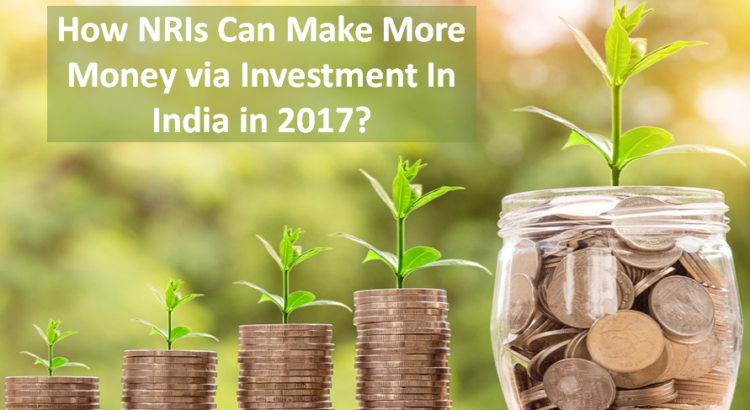Are you soon settling in the foreign country?
Do you have Public Provident Fund (PPF) account and National Saving Certificate (NSC)?
If yes, you must be updated with the current update. But first, let’s catch a brief over PPF account.
What is PPF account?
As stated above, PPF stands for the Public Provident Fund. It’s a long term investment plan. The government imposes no tax over it. It implies that this 15-year long investment plan gives a sigh of relief from the tax. The smart parents or guardians go for this investment on behalf of their minors. It safeguards INR 500 to INR 1.5 lakh for 15 years with the benefit of high interest rate. Currently, the investor gets 7.8% interest rate over such kind of investment.
Until this year (2017), the non-resident diaspora was delighted to save tax via it. But the recent update has disappointed them. The tax free investment for NRIs via PPF is forbidden. Only residents of India can sink money into this government scheme.
What’s the update regarding PPF and NSC?
If you’re likely to shift abroad, you must know that:
- Your PPF account would be deemed close.
- The NSC will return you the interest amount @ 4% that is currently prevalent in the Post Office saving account.
Earlier, it was yielding 7.8% return on the overall PPF & NSC account investment. But now, this practice is over.
Let’s consider a scenario wherein you are likely to shift in the foreign country. You hold a PPF account that makes you worthy to accumulate the interest of 7.8% over total investment. The day you shed off your residential status, your this account would be closed. And the interest rate would be slashed to 4% as per post office saving account’s rate. But the slashed interest rate would be applied from the previous month when your PPF account was closed.
It implies that your account would be matured before its actual maturity date. This is why you need to encash the accumulated amount when you become an NRI.
How can you save more money after this update?
The financial advisors recommend that it would be a wise idea to encash the invested amount. The accumulated amount should be withdrawn. If you want to invest it further, it’s better to sink your amount into the equity that offers repatriability of Indian investments. Go through the tax intricacies as well.
NPS-the best money saving investment for NRIs:
National Pension System (NPS) is one of the best investment options in India (2017) if you’re planning to re-settle in India. It conserves your money for the long term after retirement. Besides this, you’d get a golden chance to multiply your amount via a great rate of interest.
But, do remember to look into the foreign investment rules of the resident country. Some countries will not charge any tax if you have paid it in India over your capital income. Let’s say, you’re living in the US. You have to reveal the source of ‘how much’ equity as well as asset you possess. The tenet of FATCA makes you bound to its rules. The US tax authority would definitely want to know your total investment and annuity. This is how it would compute the amount of tax over your income.
On the other side, the Gulf countries would not seek access to such investment details. Neither do they impose taxes on the income sourced through Indian asset or equity. Therefore, if you desire to resettle in India after a long stay in such countries, NPS will be a good alternative.











